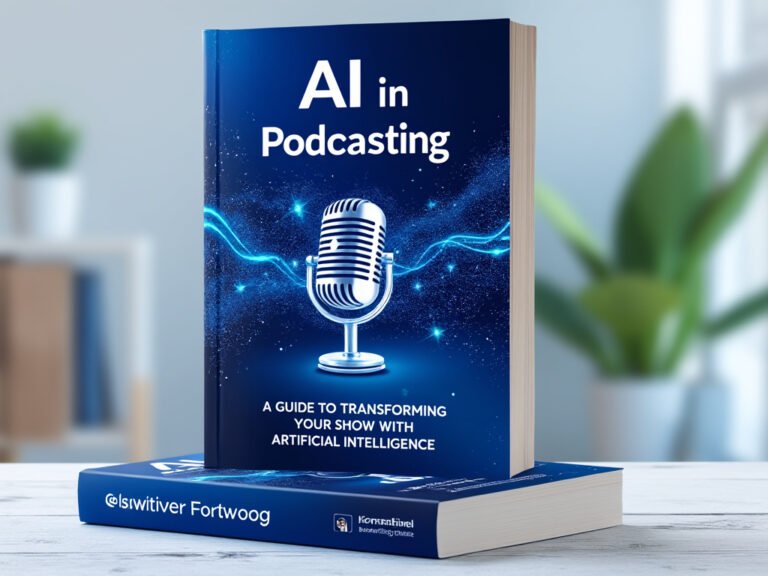

Discover how artificial intelligence (AI) can revolutionize parenting by simplifying daily tasks and supporting child development. From managing schedules to providing educational support, this article will explore 10 ways AI can make parents' lives easier and more efficient, catering to their curiosity about integrating AI into their parenting journey.
Introduction to AI for Parents
Artificial intelligence (AI) is revolutionizing the way we live and work, and parenting is no exception. AI refers to the simulation of human intelligence in machines that are programmed to think and learn like humans. In the context of parenting, AI can simplify daily tasks and support child development in various ways, catering to the curiosity of parents about integrating AI into their parenting journey.
AI-Powered Scheduling and Organization
- AI-powered calendar and scheduling apps: These apps use AI algorithms to analyze family members' schedules and preferences, helping parents efficiently plan and organize activities, appointments, and events.
- Smart home devices for managing family schedules: AI-powered smart home devices can sync with family members' calendars, provide reminders, and even suggest optimal times for various activities based on routines and preferences.
- AI-driven meal planning and grocery shopping apps: These apps use AI to suggest personalized meal plans based on dietary preferences, create shopping lists, and even order groceries automatically.
AI-Powered Educational Support
- AI tutoring and homework help apps: AI-powered tutoring apps can provide personalized support to children, offering explanations, practice problems, and feedback to enhance their learning experience.
- Personalized learning platforms powered by AI: These platforms use AI to adapt learning materials and pace to each child's individual needs, ensuring a tailored and effective educational experience.
- Educational games and activities with AI integration: AI-powered educational games and activities can make learning fun and engaging for children while providing valuable insights to parents about their child's strengths and areas for improvement.
AI-Powered Safety and Monitoring
- AI-powered baby monitors and child safety devices: These devices use AI to detect and alert parents to potential safety hazards, such as unusual movements or sounds in the baby's room.
- AI-driven parental control and monitoring apps: AI-powered apps can help parents monitor their child's online activities, set screen time limits, and block inappropriate content.
- AI-powered health and wellness monitoring tools: From tracking sleep patterns to monitoring physical activity, AI-powered tools can provide valuable insights into a child's overall health and well-being.
AI-Powered Emotional Support and Well-being
- AI-driven mental health and emotional well-being apps for parents: These apps use AI to provide support, resources, and coping strategies for parents dealing with stress, anxiety, or other emotional challenges.
- AI-powered parenting support and advice platforms: AI can analyze parenting challenges and provide personalized advice and strategies to help parents navigate various situations.
- AI-driven mindfulness and meditation apps for parents: AI-powered apps can offer guided meditation sessions and mindfulness exercises to help parents manage stress and improve their overall well-being.
Conclusion
In conclusion, artificial intelligence (AI) offers a wide range of tools and resources to simplify daily tasks and support child development for parents. From scheduling and educational support to safety monitoring and emotional well-being, AI has the potential to revolutionize the parenting experience. As AI continues to advance, the future of AI in parenting holds even more possibilities for making parents' lives easier and more efficient. By integrating AI into their parenting journey, parents can leverage these tools to provide the best possible support for their children while managing the demands of daily life.




